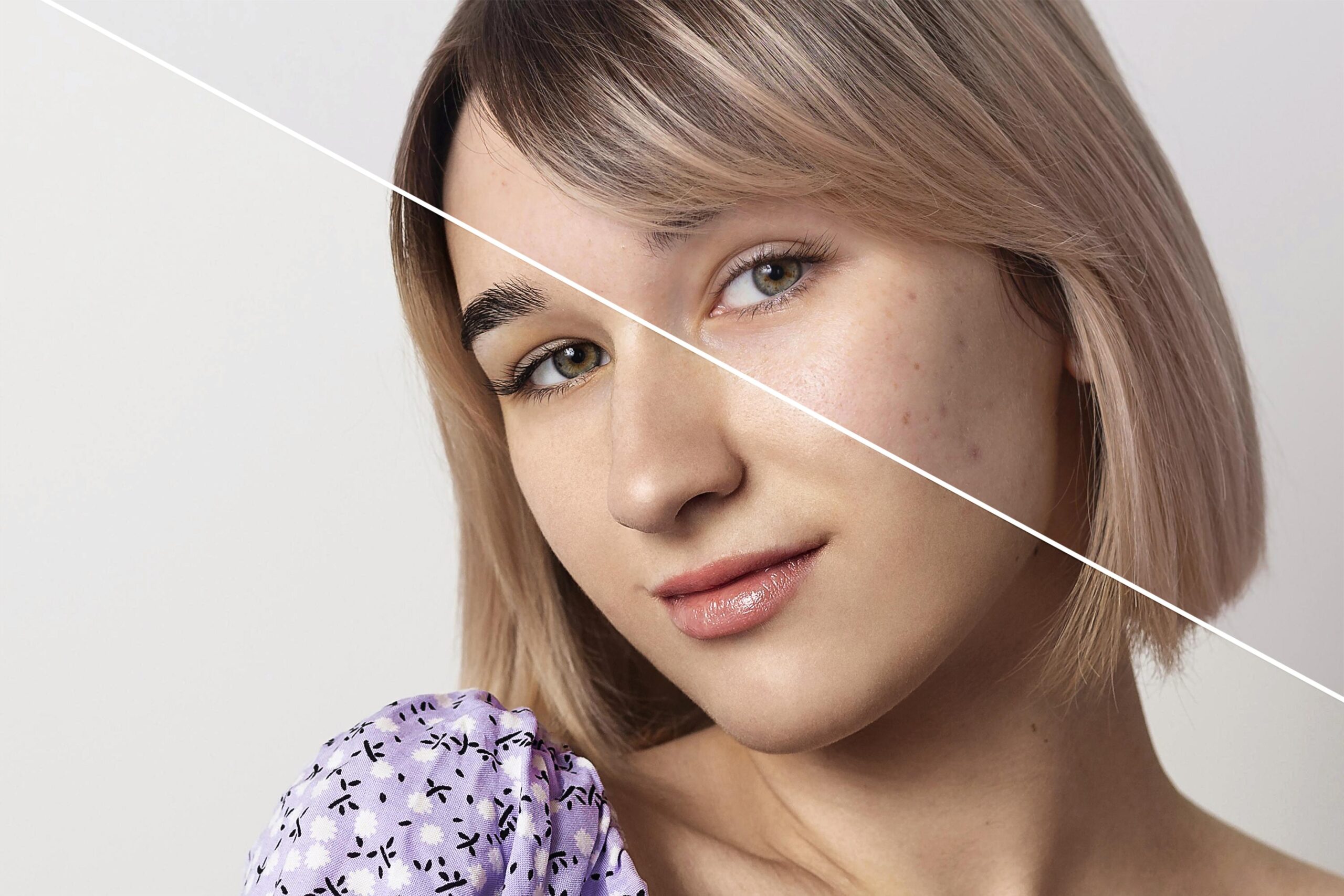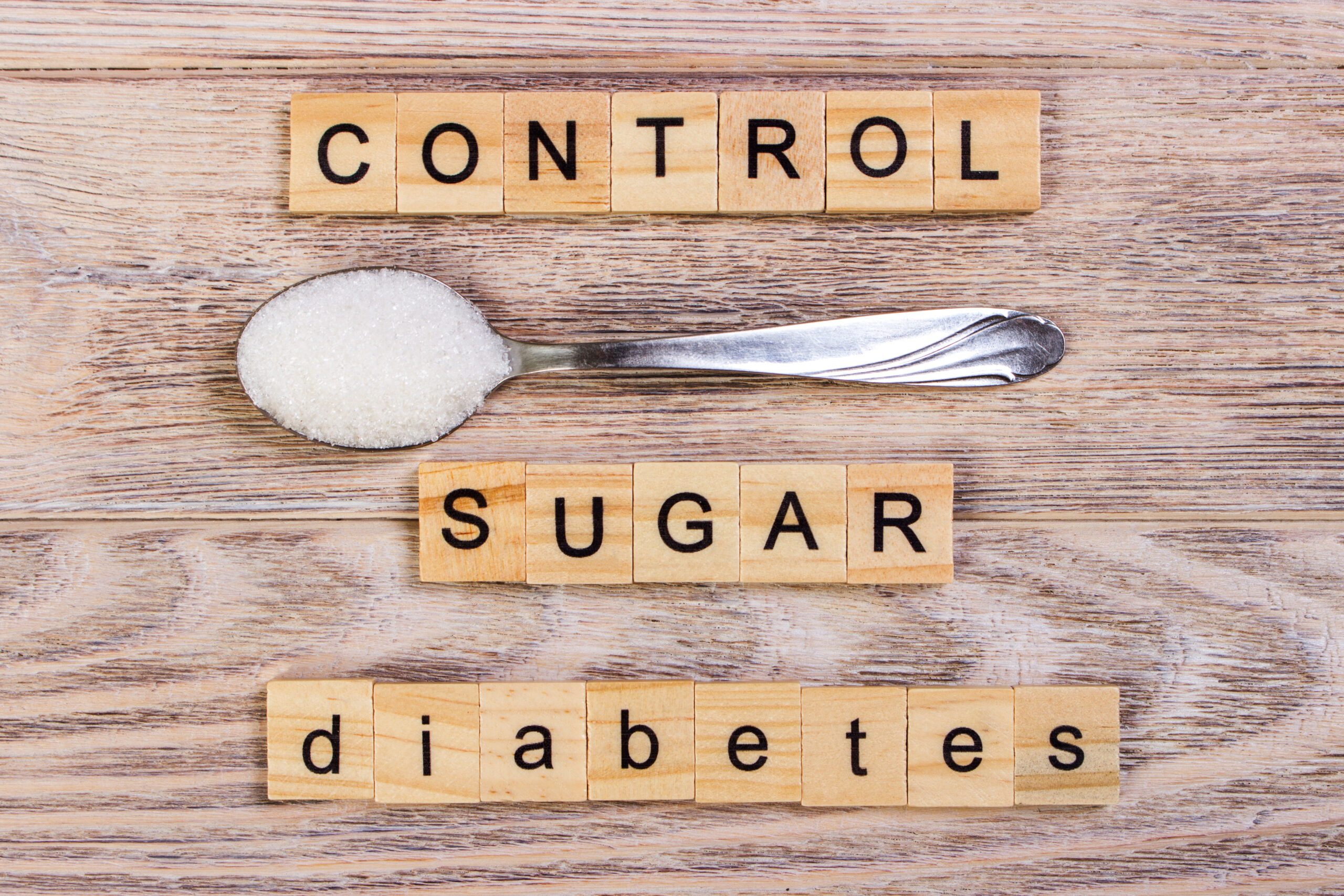Brushing and flossing are essential habits for maintaining healthy teeth and gums. However, many people are not aware of the proper techniques and practices that can ensure optimal oral hygiene. In this blog post, we’ll discuss the do’s and don’ts of brushing and flossing for healthy teeth and gums.
The Do’s of Brushing and Flossing:
1. Brush at least twice a day:
Brush your teeth at least twice a day, in the morning and before going to bed. This ensures that your teeth are clean and free from food particles and bacteria.
2. Use a soft-bristled toothbrush:
Use a soft-bristled toothbrush to avoid damaging your tooth enamel and gums.
3. Use fluoride toothpaste:
Use toothpaste that contains fluoride, which helps strengthen your teeth and prevent tooth decay.
4. Brush gently and in circular motions:
Brush your teeth gently and in circular motions to avoid damaging your gums and teeth.
5. Floss once a day:
Flossing removes food particles and bacteria from between your teeth and prevents gum diseases and cavities. Floss at least once a day.
6. Use proper flossing technique:
Wrap the floss around your index fingers, gently insert it between your teeth, and move it up and down to remove the debris.
7. Replace your toothbrush regularly:
Replace your toothbrush every three to four months or when the bristles become frayed.
The Don’ts of Brushing and Flossing:
1. Don’t brush too hard:
Brushing too hard can damage your tooth enamel and gums, leading to sensitivity and other oral problems.
2. Don’t skip brushing or flossing:
Skipping brushing or flossing can lead to a buildup of plaque and bacteria, leading to cavities, gum diseases, and bad breath.
3. Don’t rush brushing or flossing:
Take your time while brushing and flossing to ensure that all the surfaces of your teeth are clean.
4. Don’t share your toothbrush:
Sharing your toothbrush can transfer bacteria and viruses, leading to infections and diseases.
5. Don’t use old or worn-out toothbrushes:
Old or worn-out toothbrushes can harbor bacteria and cause infections. Replace your toothbrush every three to four months.
6. Don’t use harsh mouthwash:
Mouthwash containing alcohol can dry out your mouth and lead to bad breath. Use a mouthwash that is gentle and alcohol-free.
7. Don’t neglect regular dental check-ups:
Regular dental check-ups are essential for maintaining healthy teeth and gums. Neglecting them can lead to undetected dental problems that can worsen over time.
In conclusion, brushing and flossing are essential habits for maintaining healthy teeth and gums. Adopting the do’s and avoiding the don’ts of brushing and flossing can help ensure optimal oral hygiene. Remember to schedule regular dental check-ups with your dentist to maintain healthy teeth and gums.


